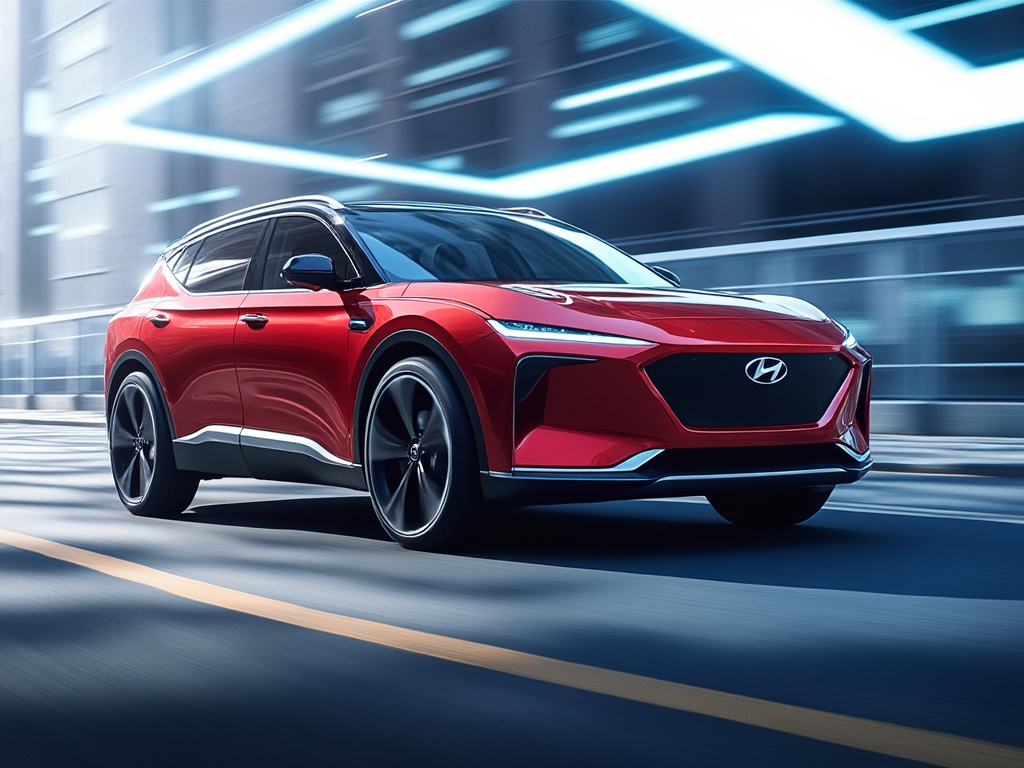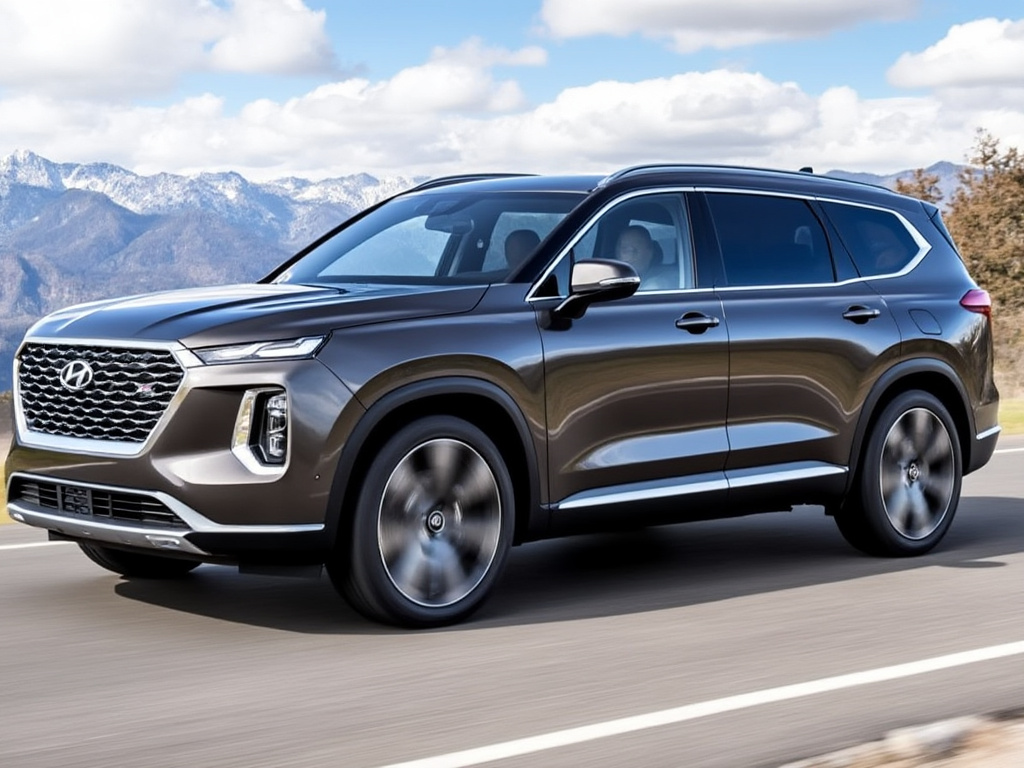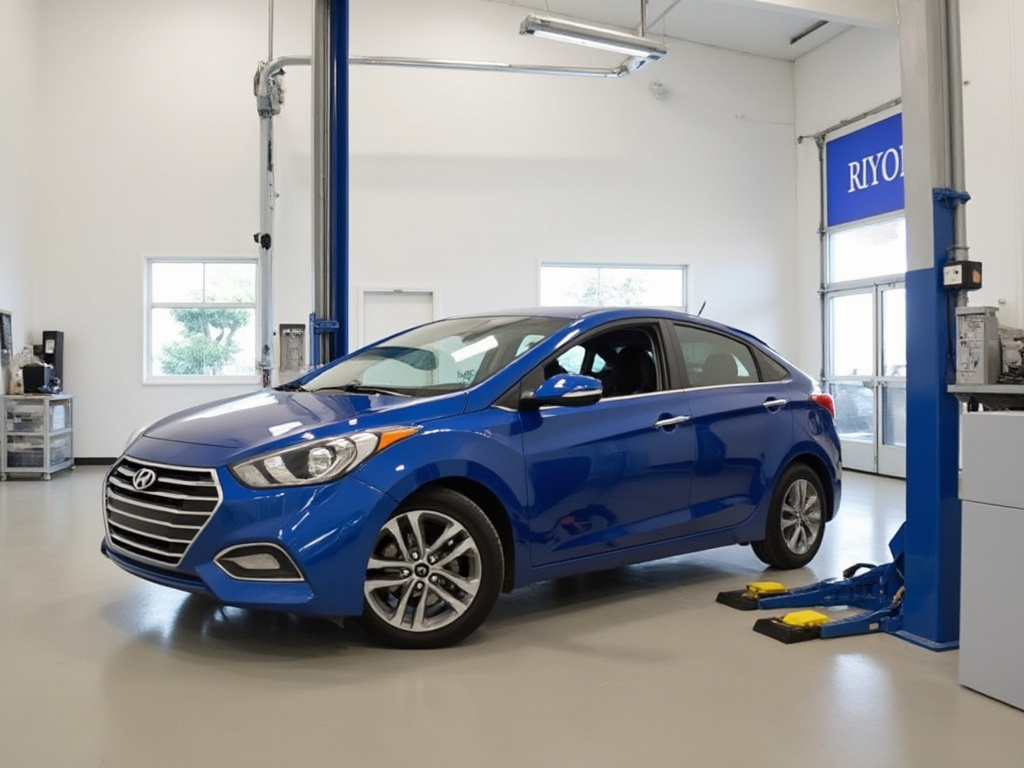Reliability Showdown: Hyundai vs. Japanese Cars
When we talk about car reliability, Japanese brands often come to mind as the epitome of durability and quality. However, Hyundai, a South Korean automaker, has made significant strides in recent years, challenging this notion. Here’s an in-depth comparison for those torn between the tried-and-true Japanese reliability and Hyundai’s rising star.
A Brief History of Reliability
Japanese cars, from brands like Toyota, Honda, and Subaru, have long been celebrated for their engine longevity, low maintenance costs, and overall reliability. This reputation was built on decades of engineering focused on precision and continuous improvement, a testament to the Japanese industrial philosophy.
Hyundai, on the other hand, started as a budget-friendly alternative but has since invested heavily in quality, design, and technology, aiming to match, if not surpass, its Japanese competitors.
Design and Build Quality
-
Hyundai: Hyundai cars are now known for their fluidic sculpture design, offering a sense of motion even when stationary. The interiors have seen a significant upgrade in materials and finish, aiming for a luxury feel at a non-luxury price.
-
Japanese Cars: Traditional Japanese design focuses on functionality with a subtle touch of elegance. Brands like Honda and Toyota might not always win on flashiness, but they excel in ergonomic design and build quality that stands the test of time.
Performance and Engineering
-
Engines: Subaru’s boxer engines and Toyota’s hybrid technology are benchmarks for performance and efficiency. Hyundai, however, has introduced engines that offer competitive power output with commendable fuel efficiency, although their long-term durability is still under scrutiny compared to established Japanese engines.
-
All-Wheel Drive Systems: Subaru’s symmetrical AWD system is renowned, whereas Hyundai’s HTRAC AWD system is newer but has been designed to offer similar capabilities in traction and stability.
Reliability Data and Consumer Reports
-
Consumer Reports and J.D. Power: Historically, Japanese brands tend to rank higher in reliability ratings. However, Hyundai has been closing the gap, with models like the Sonata frequently receiving high marks for reliability, often matching or even surpassing some Japanese models in certain segments.
-
Warranty: Here, Hyundai often takes the lead with its 10-year/100,000-mile powertrain warranty, suggesting confidence in their product’s longevity, whereas Japanese brands typically offer a 5-year/60,000-mile warranty.
Cost of Ownership
-
Maintenance and Repairs: Japanese cars often have the edge with lower long-term maintenance costs due to their widespread availability of parts and service expertise. However, Hyundai’s competitive pricing and longer warranty can offset higher maintenance costs if they arise.
-
Resale Value: Japanese cars generally hold their value better, a reflection of their reliability. Hyundai vehicles have improved in this area but still might depreciate slightly faster.
Here’s a comparative look:
|
Feature
|
Hyundai
|
Japanese Cars (e.g., Toyota, Honda)
|
|---|---|---|
|
Warranty
|
10-year/100,000 miles
|
5-year/60,000 miles
|
|
Engine Durability
|
Improving rapidly
|
Proven over decades
|
|
Design
|
Modern, luxurious
|
Functional, timeless
|
|
Resale Value
|
Good, improving
|
Generally Excellent
|
|
Technology
|
Often more advanced
|
Reliable but sometimes conservative
|
|
Cost of Ownership
|
Lower initial cost
|
Lower overall maintenance
|
Discussions on X reflect a growing appreciation for Hyundai’s quality, with many users highlighting the impressive warranty and build quality of newer models. However, there’s still a strong loyalty towards Japanese brands for their proven track record in reliability.
Conclusion
Choosing between Hyundai and Japanese cars for reliability isn’t as straightforward as it once was. If you value cutting-edge design, technology, and an exceptional warranty, Hyundai stands as a compelling choice. Conversely, if your priority is proven reliability with potentially lower long-term costs, Japanese brands remain the safe bet.
As someone deeply embedded in the automotive world, I’ve seen Hyundai evolve from an underdog to a strong contender in the reliability race. While Japanese cars hold the crown for now, Hyundai is not far behind, making this reliability showdown more exciting than ever.


